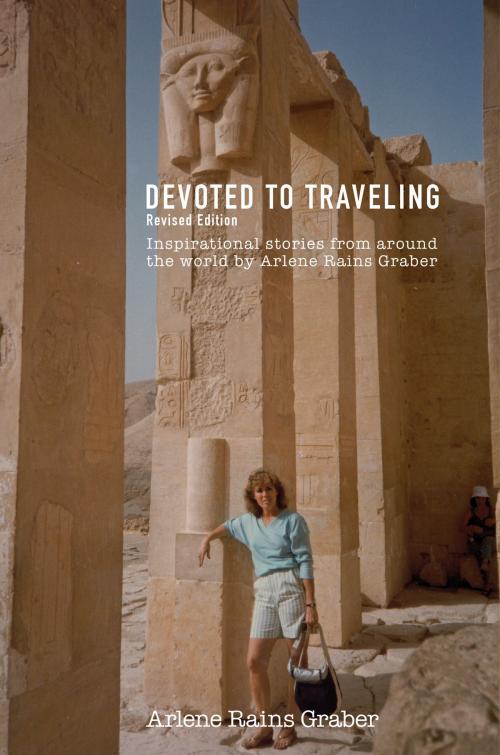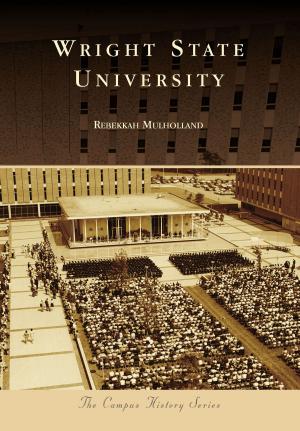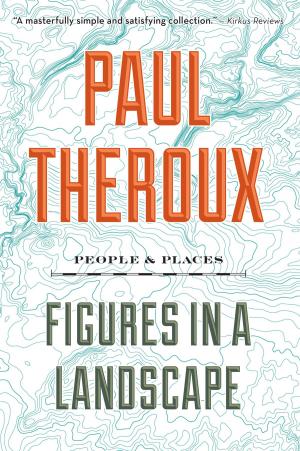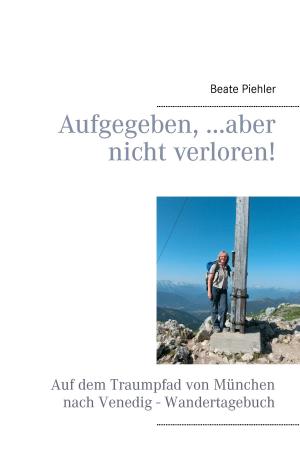| Author: | Arlene Rains Graber | ISBN: | 9780463216279 |
| Publisher: | Arlene Rains Graber | Publication: | May 10, 2018 |
| Imprint: | Smashwords Edition | Language: | English |
| Author: | Arlene Rains Graber |
| ISBN: | 9780463216279 |
| Publisher: | Arlene Rains Graber |
| Publication: | May 10, 2018 |
| Imprint: | Smashwords Edition |
| Language: | English |
A unique devotional book by Kansas writer, Arlene Rains Graber. The book is a chronicle of the first-hand experiences of a woman whose adventures are written with lessons learned. Travel the globe with her as she experiences the healing aspects of San Francisco to a spiritual renewal in an ancient cathedral all the while allowing readers to experience the highs and lows of traveling. As a travel professional since 1983, Graber also gives first-hand accounts of how to pack, security issues, and what happens at the airport when “canceled” blazes over the departure screen. Below is an excerpt from the book.
The mystery of a Mustard Seed
“So does your garden look like this?”
“I wish,” I replied. We were walking through Giverny, Monet’s home and gardens. The stranger to my left had asked the question.
He grinned sheepishly. “Neither does mine.”
He walked off and I resumed my own thoughts about the functional garden I was visiting. Giverny, home to Claude Monet, is located about 50 miles northwest of Paris. It spreads over five acres, and has been fully restored from the brutality of war. Today, the gardens and home draw more than 500,000 tourists each year. It is the site for many of Monet’s famous paintings like the water color and Japanese bridge series, along with numerous flower paintings. His work here was distinctive in that he created them twice. First he planted the gardens, and then when they grew into lush vistas of color, painted them.
There is a walkway that circles the gardens keeping tourists from trampling plants. I’m surprised at the unruly overgrown flowers and greenery quite unlike the usual formal gardens of the French. Flowers are planted in clumps and let to roam. Iron arbors are laden with climbing rose bushes, and lily ponds offer tranquility while colorful wooden bridges groan with the weight of purple Wisteria vines.
I’m told that in those days, (1883) most plantings came from seeds, and I marvel at the patience it must have taken to get the garden just like he wanted. But, as Monet toiled day after day planting, propagating, pruning, and cutting, his life prospered. His paintings became universally known, as well as the gardens. It reminded me of the parable Jesus told of the mustard seed, and how if cultivated properly would grow so high that birds might use them for shelter.
The Kingdom of heaven is like to a grain of mustard seed, which someone took, and sowed in his field. Matthew 13:31-32
A unique devotional book by Kansas writer, Arlene Rains Graber. The book is a chronicle of the first-hand experiences of a woman whose adventures are written with lessons learned. Travel the globe with her as she experiences the healing aspects of San Francisco to a spiritual renewal in an ancient cathedral all the while allowing readers to experience the highs and lows of traveling. As a travel professional since 1983, Graber also gives first-hand accounts of how to pack, security issues, and what happens at the airport when “canceled” blazes over the departure screen. Below is an excerpt from the book.
The mystery of a Mustard Seed
“So does your garden look like this?”
“I wish,” I replied. We were walking through Giverny, Monet’s home and gardens. The stranger to my left had asked the question.
He grinned sheepishly. “Neither does mine.”
He walked off and I resumed my own thoughts about the functional garden I was visiting. Giverny, home to Claude Monet, is located about 50 miles northwest of Paris. It spreads over five acres, and has been fully restored from the brutality of war. Today, the gardens and home draw more than 500,000 tourists each year. It is the site for many of Monet’s famous paintings like the water color and Japanese bridge series, along with numerous flower paintings. His work here was distinctive in that he created them twice. First he planted the gardens, and then when they grew into lush vistas of color, painted them.
There is a walkway that circles the gardens keeping tourists from trampling plants. I’m surprised at the unruly overgrown flowers and greenery quite unlike the usual formal gardens of the French. Flowers are planted in clumps and let to roam. Iron arbors are laden with climbing rose bushes, and lily ponds offer tranquility while colorful wooden bridges groan with the weight of purple Wisteria vines.
I’m told that in those days, (1883) most plantings came from seeds, and I marvel at the patience it must have taken to get the garden just like he wanted. But, as Monet toiled day after day planting, propagating, pruning, and cutting, his life prospered. His paintings became universally known, as well as the gardens. It reminded me of the parable Jesus told of the mustard seed, and how if cultivated properly would grow so high that birds might use them for shelter.
The Kingdom of heaven is like to a grain of mustard seed, which someone took, and sowed in his field. Matthew 13:31-32















